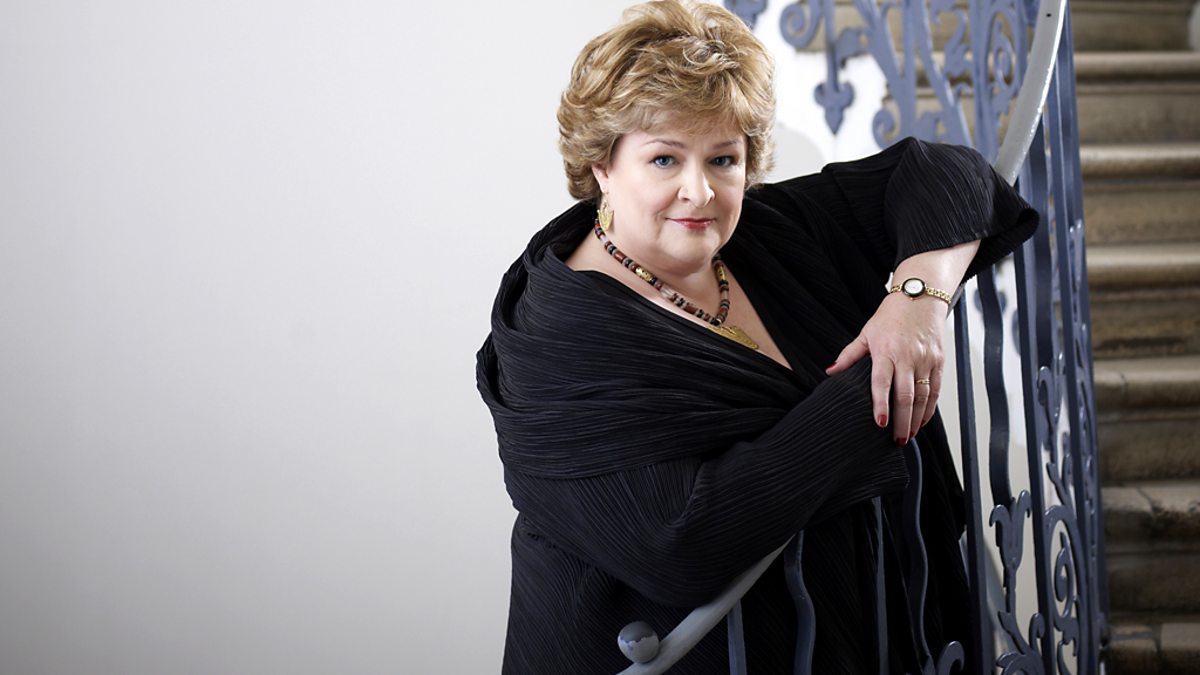Two very interesting and intriguing (to me) programmes
Saturday
The Jew without the Yellow Badge: Salamone Rossi and the Song of Solomon
Lucie Skeaping explores the life and extraordinary music of Salamone Rossi, a 17th Century Jewish composer based in Mantua. He wrote a collection of psalms and motets in Hebrew, for the Synagogue, drawing on the Italian polyphonic style of composition employed by the Christian Church. In a period of intense anti-Semitism, when the Jewish community in Italy were required by law to wear on their clothing a yellow 'badge of shame', Rossi's musical skills were highly regarded by the Mantuan court. His collection was not only the first of its kind; it would also remain unique for more than two hundred years.
Sunday
A Hidden Faith
Catherine Bott explores the remarkable publication of the three settings of the Mass written by the English composer William Byrd, written at a time when the Catholic faith was outlawed in this country. This was music written to be sung in secret, when anyone who was not seen to take part in Anglican worship could be charged with popish recusancy and punished by fines, property confiscation, and imprisonment
Saturday
The Jew without the Yellow Badge: Salamone Rossi and the Song of Solomon
Lucie Skeaping explores the life and extraordinary music of Salamone Rossi, a 17th Century Jewish composer based in Mantua. He wrote a collection of psalms and motets in Hebrew, for the Synagogue, drawing on the Italian polyphonic style of composition employed by the Christian Church. In a period of intense anti-Semitism, when the Jewish community in Italy were required by law to wear on their clothing a yellow 'badge of shame', Rossi's musical skills were highly regarded by the Mantuan court. His collection was not only the first of its kind; it would also remain unique for more than two hundred years.
Sunday
A Hidden Faith
Catherine Bott explores the remarkable publication of the three settings of the Mass written by the English composer William Byrd, written at a time when the Catholic faith was outlawed in this country. This was music written to be sung in secret, when anyone who was not seen to take part in Anglican worship could be charged with popish recusancy and punished by fines, property confiscation, and imprisonment


Comment